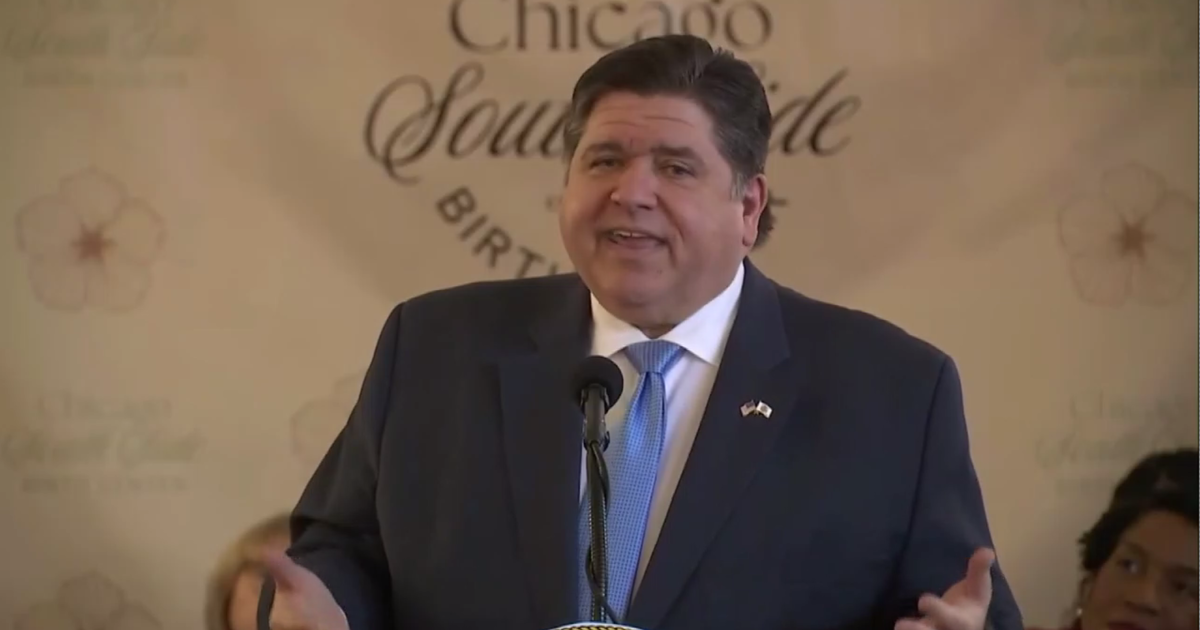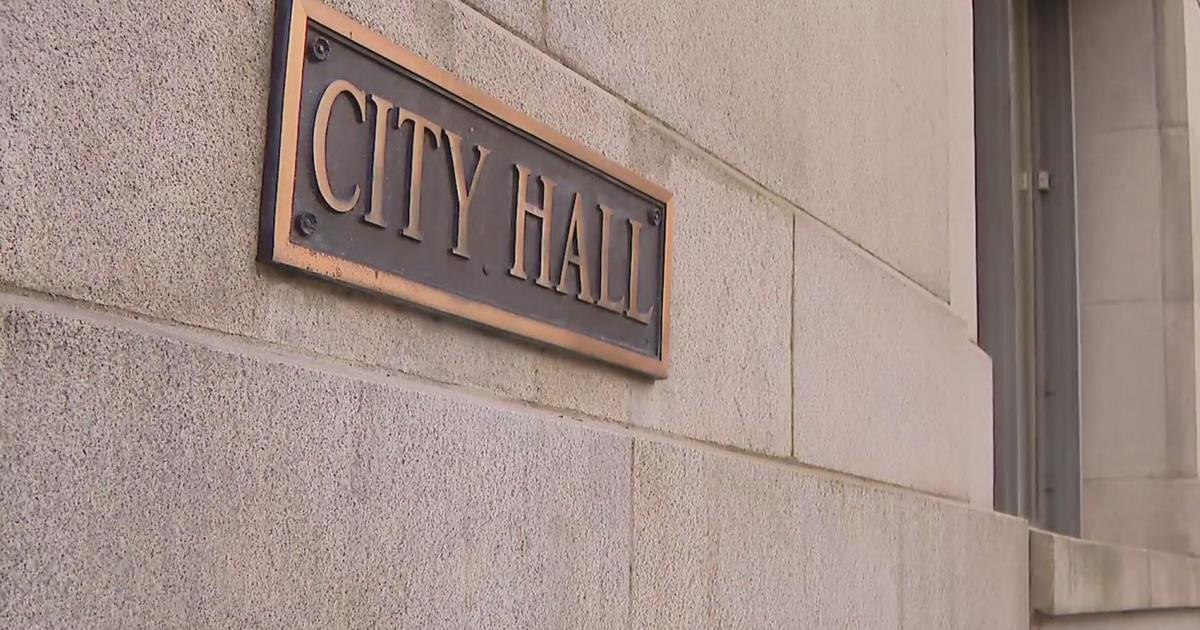Illinois Supreme Court Tosses State Pension Overhaul
SPRINGFIELD, Ill. (AP/CBS) -- The Illinois Supreme Court on Friday struck down a 2013 law that sought to fix the nation's worst government-employee pension crisis, a ruling that forces the state to find another way to overcome a massive budget deficit.
In a unanimous decision, the seven justices declared the law passed 18 months ago violates the state constitution because it would leave pension promises "diminished or impaired."
"In enacting the provisions, the General Assembly overstepped the scope of its legislative power. This court is therefore obligated to declare those provisions invalid," Justice Lloyd Karmeier said in writing the court's opinion.
The decree puts new Republican Gov. Bruce Rauner and Democrats who control the General Assembly back at the starting line in trying to figure out how to wrestle down a $111 billion deficit in what's necessary to cover its state employee retirement obligations. The hole is so deep the state has in recent years had to reserve up to $7 billion -- or one-fifth of its operating funds -- to keep pace.
A variety of elected officials basically said, "I told you so."
"I'm not surprised. I recommended against that as well," Rauner said Friday. He said legislative staffs were working on a new plan that would pass legal muster.
Meanwhile, Chicago Mayor Rahm Emanuel said he also wasn't surprised by the state high court decision.
"The State never worked with their labor partners. We worked with our labor partners. That is a fundamental difference," he said.
Illinois State Senate President John Cullerton, D-Chicago, says he wants to go back to a bill he passed in his chamber two years ago, linking any future pay raises to reductions in pension benefits. He doesn't think there is the will to raise taxes.
Most states faced the same public employee pension crisis, exacerbated by the Great Recession, and took steps to remedy the problem. But Illinois balked for years at addressing the crisis until former Democratic Gov. Pat Quinn and fellow Democrats who control the General Assembly overcame opposition from union allies and struck the deal, amid warnings that it might not pass constitutional muster.
Podcast
After the changes were adopted in December 2013, retired employees, state-worker labor unions and others filed a lawsuit seeking to invalidate the law on constitutional grounds. The high court opinion means the state must keep its pledge on pensions.
The law dealt with four of the state's five pension programs -- the Legislature did not include the judges' account because of the conflict posed by expected legal action. The shortfall in the amount of money necessary to meet all pension obligations has reached stifling depths largely because of years of skimping on -- or skipping -- on annual pension contributions by past governors and General Assemblies.
It would have crimped pensions perks in several ways in an effort to erase the shortfall by 2044. Perhaps most significantly, it would have erased the 3 percent compounded cost-of-living adjustment added in 1989, replacing it with a formula that gave the increases on a portion of benefits, depending on years of service. Some would have had the option of freezing their pensions and contributing to a 401(k)-style plan.
It also would have delayed the retirement age for workers aged 45 and younger, on a sliding scale. Workers would have had to contribute 1 percent less to their retirements and the pension agencies would have been allowed to sue the state if it didn't contribute its full annual portion to the funds. Those were additions to help the matter survive a court challenge.
At the March argument before the high court, the opponents to the law argued that the constitution's language was clear -- promised pensions could not be reduced.
State lawyers contended the government had the right to exercise "police powers" in time of crisis, and that the 2008 recession, which decimated retirement fund investment portfolios, provided the crisis. But under close questioning from the bench, the state's lawyer acknowledged that past governors and legislatures shorted pension payments to save money in the short term.
(TM and © Copyright 2015 The Associated Press. All Rights Reserved. This material may not be published, broadcast, rewritten or redistributed.)



